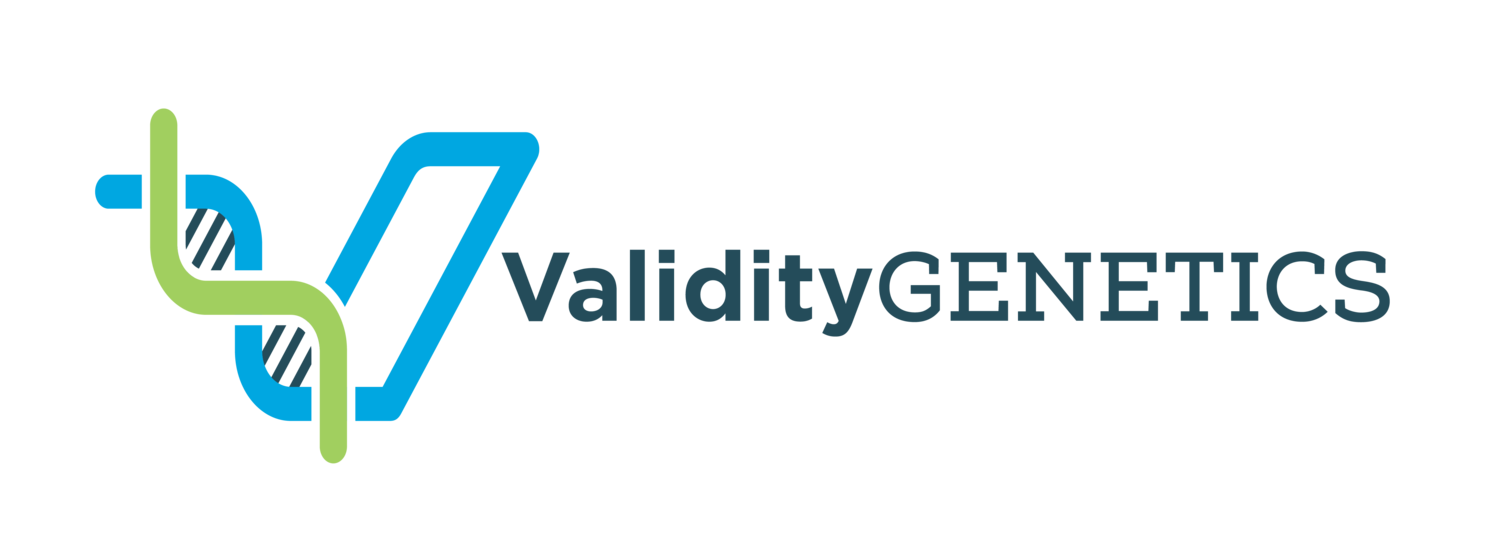Infidelity DNA testing and Legal Cases
Can Cheating DNA Evidence Be Used in Court?
If you’re dealing with suspicions of infidelity, DNA testing might seem like a straightforward way to confirm your doubts. But can you use DNA evidence of cheating in court? Let’s take a look at how courts handle this type of evidence, what makes it admissible, and why speaking with a lawyer about your specific situation is crucial.
What Exactly Is DNA Evidence in Cheating Cases?
In cases of suspected infidelity, DNA evidence usually involves:
Detecting semen or saliva on clothing or personal items.
Comparing DNA samples to determine if they match a specific individual.
Analyzing hair, tissues, or personal objects to verify intimate contact.
This type of testing can scientifically confirm intimate interactions, potentially supporting suspicions of cheating.
Can You Actually Use DNA Evidence in Court?
Whether DNA evidence is allowed in court depends on several key points:
Chain of Custody: Proper handling and detailed records must show exactly how the evidence was collected, stored, and transported.
Lab Accreditation: Courts usually accept DNA evidence only if it's processed by a certified forensic lab.
Relevance: The evidence must directly relate to the legal issue being debated—often divorce or child custody.
If these requirements are met, many courts view DNA evidence as credible and admissible.
How Courts Typically View DNA Evidence in Infidelity Situations
In divorce or custody cases, DNA evidence proving infidelity can impact outcomes, but the extent varies:
Divorce Cases: DNA evidence might influence negotiations or settlements. However, since many jurisdictions have no-fault divorce laws, evidence of cheating may have limited impact on the final decision.
Child Custody: Evidence of infidelity typically matters in custody cases if it directly affects the child's wellbeing or environment.
Each case is unique, so results can vary significantly.
Tips to Make Sure Your DNA Evidence is Accepted in Court
To boost the odds your DNA evidence will be admissible:
Use Accredited Labs: Ensure the lab testing your samples is court-recognized and certified.
Maintain Detailed Records: Document every step—how and when evidence was collected and handled.
Follow Proper Collection Procedures: Adhere strictly to recommended methods for collecting, storing, and shipping samples to preserve evidence quality.
Limitations of Using DNA Evidence in Court
Even admissible DNA evidence has its limits:
Shows Contact, Not Intent: DNA can prove intimate contact but doesn't clarify motivations or the nature of interactions.
Privacy Issues: Courts may reject evidence obtained improperly or unethically.
Every Situation is Different – Consult an Attorney
While DNA evidence can be powerful in proving cheating, every legal situation is unique. The best step is always to discuss your case with a lawyer familiar with local laws and your specific circumstances. They'll guide you on the admissibility of DNA evidence and the best approach for your situation.








